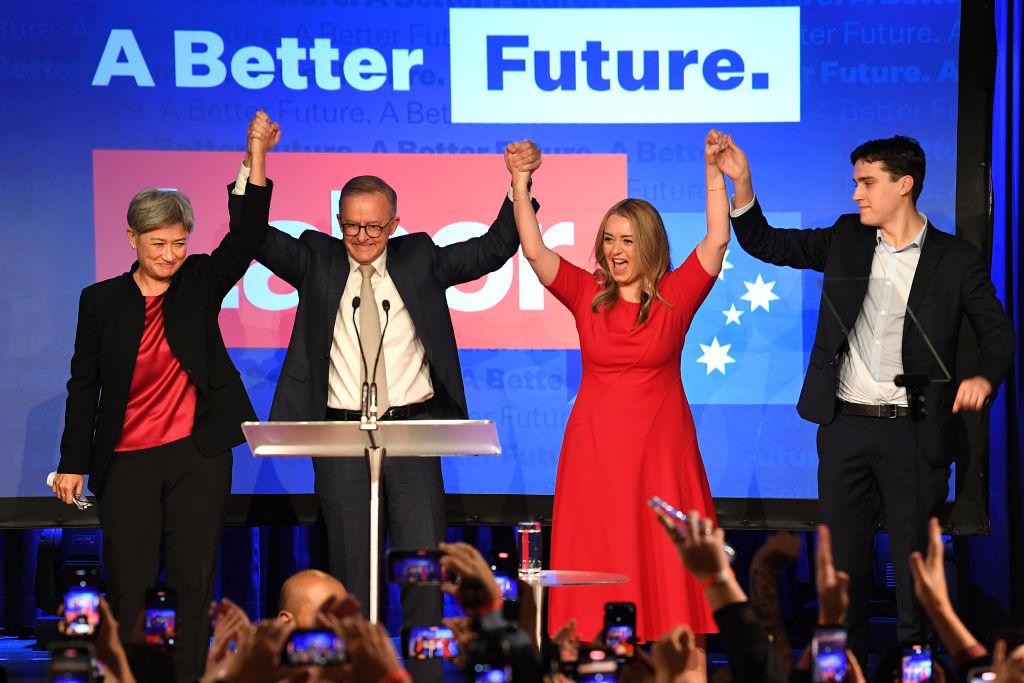Labor leader Anthony Albanese will become Australia’s 31st prime minister and the fourth person to lead Labor to government from opposition since World War II after outgoing Prime Minister Scott Morrison conceded defeat on May 21.
With 69.9 percent of the votes counted by Sunday 5 p.m., 72 of the 151 House of Representatives seats were called for Labor, 52 for the Coalition, 14 for minor parties and independents, according to an election results summary by the ABC.




